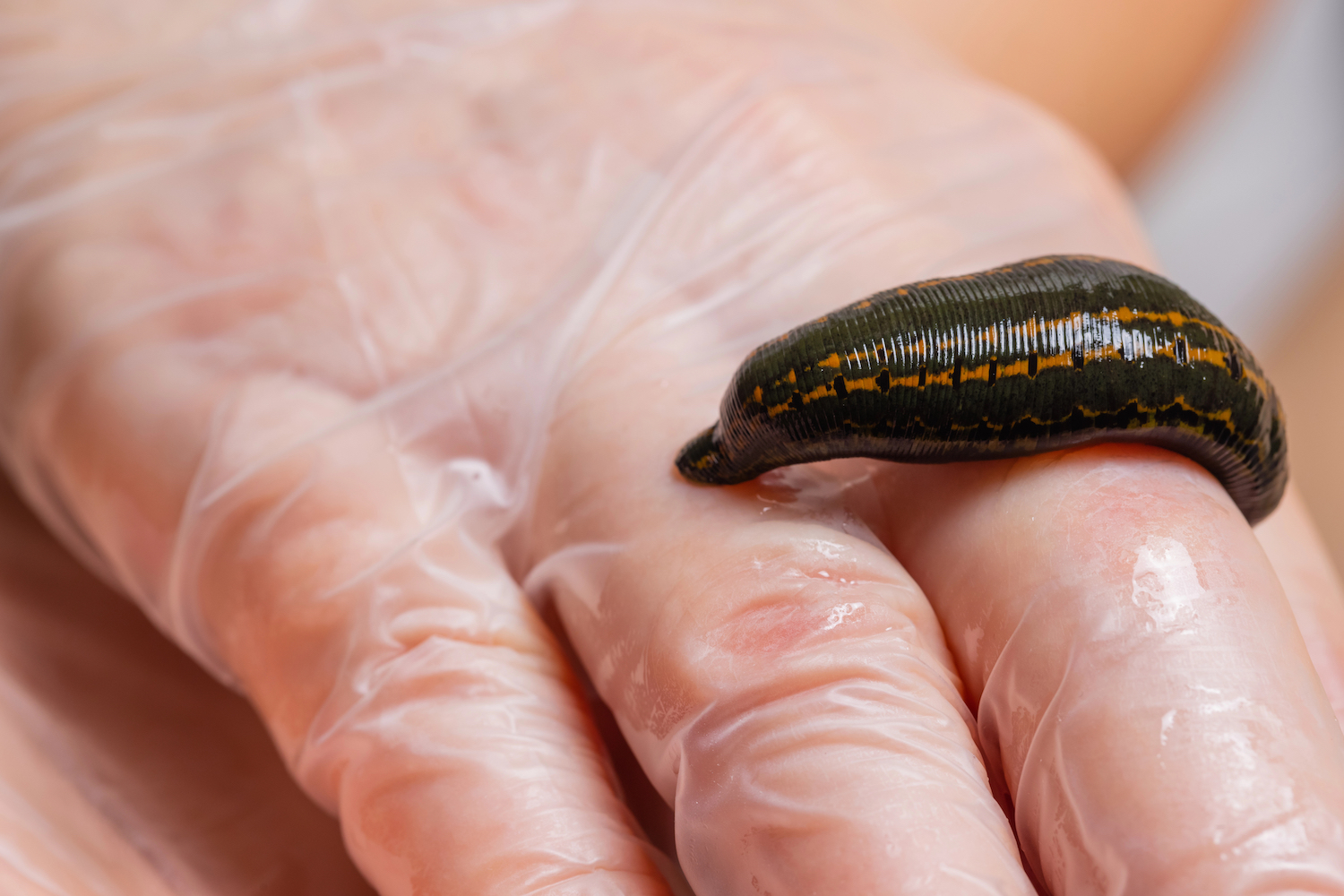The sneaky civilization disease – that’s increasingly how hypertension is described. It’s termed a civilization disease because it occurs globally and is very common, but why sneaky? Because it develops “silently,” initially giving no alarming symptoms. Possible symptoms are often non-specific, which is why patients frequently ignore them. That’s why it’s crucial to recognize the first signs of hypertension and respond as soon as they appear. How can medicinal leeches help in the fight against hypertension? Read on!
Hypertension – what is it?
Hypertension is when arterial blood pressure is elevated above normal limits. Optimal values for an adult should not exceed 120 mm Hg (systolic pressure) and 80 mm Hg (diastolic pressure). We generally have nothing to worry about if our pressure is around these values.
In cases where average arterial pressure values calculated from at least two measurements made during at least two different visits to the doctor are equal to or higher than 140 mm Hg for systolic pressure and 90 mm Hg for diastolic pressure, there is a high risk that we suffer from hypertension.
Types of hypertension
Three types of hypertension are distinguished:
- Grade I hypertension – systolic pressure of 140-159 mmHg and diastolic pressure of 90-99 mmHg,
- Grade II hypertension – systolic pressure of 160-179 mmHg, and diastolic pressure of 100-109 mmHg,
- Grade III hypertension – systolic pressure above 180 mmHg and diastolic pressure above 110 mmHg.
Factors contributing to hypertension
It turns out that through our actions, we can unwittingly contribute to the development of hypertension. Factors directly influencing the development of the disease include:
- improper lifestyle,
- lack of physical activity,
- overweight,
- obesity,
- smoking,
- stress,
- excessive alcohol consumption.
Genetics also significantly contributes to the development of hypertension. Individuals whose one or both parents suffer from this disease are particularly at risk.
Symptoms of hypertension
In many patients, hypertension initially shows no symptoms. Sometimes, non-specific symptoms appear, which could easily be attributed to many other conditions. However, the more symptoms typical for hypertension co-occur, the greater the likelihood that we suffer from hypertension.
Symptoms associated with hypertension include:
- headaches and dizziness,
- sleep disturbances,
- palpitations,
- shortness of breath,
- sweating,
- hot flashes,
- low physical and mental performance,
- fatigue,
- nosebleeds,
- nervousness.
As hypertension progresses, other symptoms indicating organ damage due to poor blood pressure values also begin to appear in the patient. These may include:
- kidney function disorders,
- vision problems,
- extremity coldness,
- reduced intellectual performance,
- swelling of the limbs,
- sensory issues,
- limited mobility.
If you recognize these symptoms, you must immediately see a doctor.
Complications of hypertension
Untreated hypertension increases the risk of developing diseases such as:
- heart attack,
- stroke,
- heart failure,
- atherosclerosis,
- kidney failure.
However, to avoid these complications, it is sufficient to start treatment and strictly adhere to the doctor’s recommendations.
Leeches in the treatment of hypertension
When hypertension is diagnosed, the patient should regulate their lifestyle, follow the prescribed diet, abandon bad habits, and continuously take medications prescribed by the specialist. Leech therapy effectively corrects arterial blood pressure.
Leech therapy involves applying leeches to the patient’s skin. The leeches release hirudin compounds into the patient’s body, having a positive impact on health. PC-LS is one of the most essential substances secreted by the leech’s salivary glands in treating hypertension. It is a typical blood pressure regulator – effectively lowering too-high pressure while raising too-low.
Histamine, one of the best-known hirudin compounds, also plays a significant role in combating hypertension. Once it enters the body, it causes blood vessels to dilate, thereby regulating pressure. Hirudin compounds also improve the functioning of the human circulatory system, actively affecting the blood and lymphatic systems.
Scientific evidence indicates that leech therapy supports the treatment of hypertension and improves the overall health of the patient, thus highly likely preventing severe complications. Considering it is an unconventional treatment method, it is best to consult with your attending doctor before implementing it. If there are no contraindications, treatment with leeches can support traditional methods and be used alongside them.

